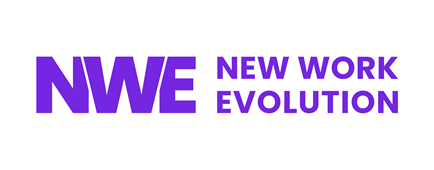When AI triggers one thing above all: the fear of being replaced
FOBO, the ‘Fear of Being Obsolete’

Nowadays, AI can do more than just analyse data. It can write texts, check legal contracts, plan trips, automate customer management and even help with tax issues. As a result, routine knowledge is increasingly losing its value and there is a growing fear of being made redundant in one's own job by AI.
This fear now even has its own name - FOBO, the ‘Fear of Being Obsolete’ - and is confirmed by the latest figures. A representative survey conducted by YouGov on behalf of Continental in March 2023 revealed that 61 per cent of Germans fear that the use of AI could lead to job losses. The concern of becoming redundant in the workplace due to AI is even more pronounced among women than men. The fears are similar internationally. According to a Gallup survey in the USA, employees increasingly fear that technological developments such as AI or ChatGPT could lead to their own roles becoming less important.
There is no question that the world of work will continue to change in the future. This year, 57 per cent of German companies are already applying In 2024, it was only 20 per cent. Studies by McKinsey, the OECD, the World Economic Forum and the Institute for Employment Research (IAB) also suggest that 30-40 per cent of all activities could be either partially or even fully automated in the next ten years. And while the World Economic Forum's (WEF) Future of Jobs Report 2023 reports the creation of around 69 million new jobs, particularly through new fields of work in areas such as artificial intelligence, big data, cyber security, sustainability and digital transformation, it also expects 83 million jobs to be lost by 2027.
And what can help against FOBO now? The answer: stay informed, educate yourself, but also stay curious
AI will replace individual activities in the future, but not entire professions. In the best-case scenario, employees will even be relieved by AI and can use the time they save through AI for more creative activities. It is also always important to realise that the possibilities of AI are limited, despite everything. AI can define concepts such as self-reflection or social skills for us, but it cannot practise them itself. It cannot feel, it cannot learn to the same extent that we can: through trial and error, mistakes, praise or recognition. Moreover, anyone who actively engages with AI quickly realises that AI cannot function without humans. We are the ones who prompt, evaluate and ultimately decide, because no AI works flawlessly. Another important factor for the future of work is the topic of further training, because the better companies and governments invest in retraining and qualifying workers, the easier the transition to new professional fields will be.
In conclusion, it can be said that the future of work depends less on whether you are replaceable than on how well you help shape change.
Source: https://finanzielle.de/hast-du-auch-schon-fobo/


